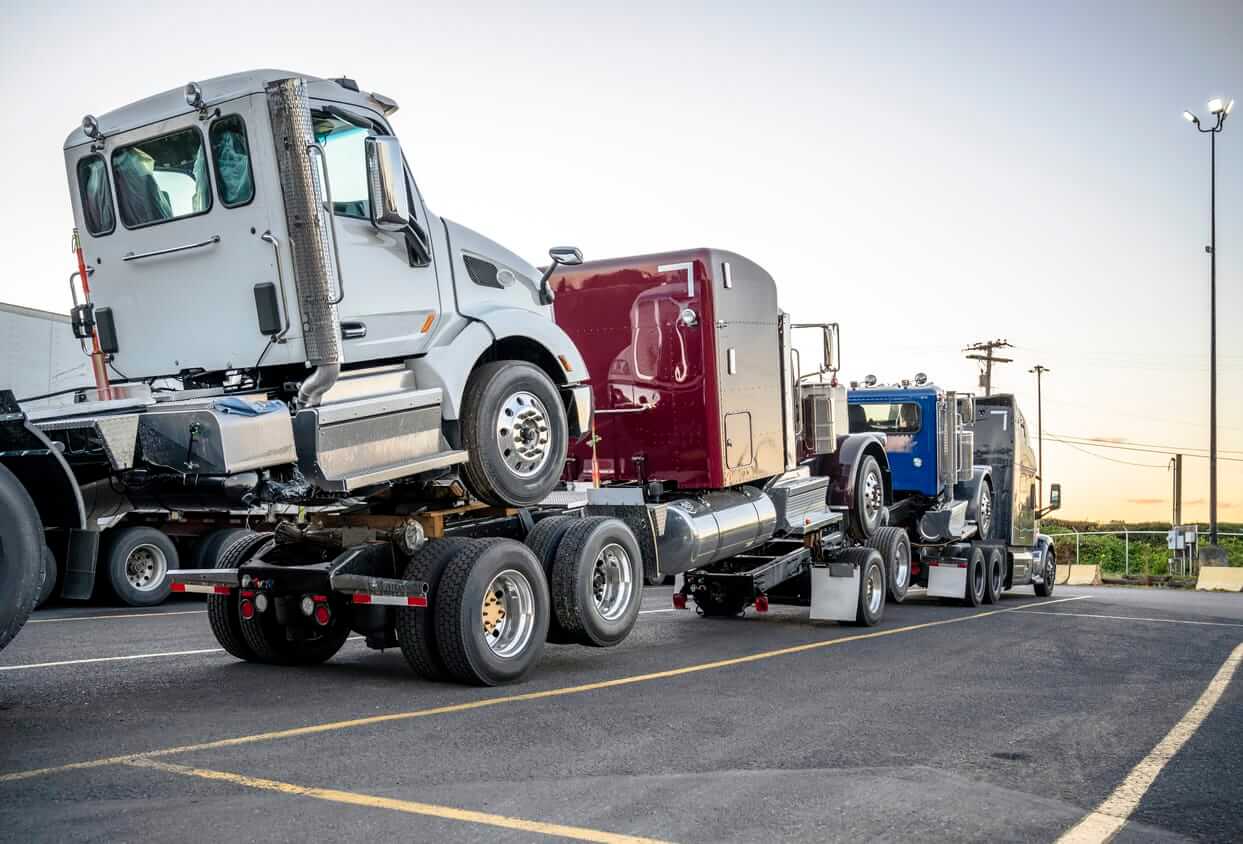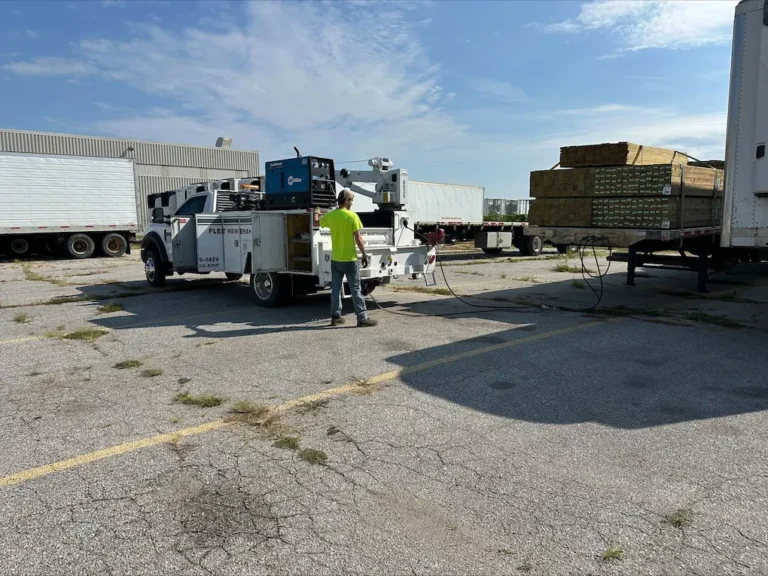How Data Analytics is Transforming Trailer Fleet Management
Trailer fleets are evolving fast — and so are the tools used to manage them. Today, data analytics is revolutionizing fleet operations, giving managers visibility, control, and foresight never before possible.
The Problem With Gut-Driven Decisions
Historically, maintenance and asset planning were based on schedules, instinct, or driver feedback. But in high-pressure logistics, relying on gut feeling leads to inefficiencies:
- Over-servicing or under-servicing assets
- Missed wear patterns
- Inaccurate asset lifecycle planning
Enter Trailer Data Analytics
With the rise of IoT sensors, cloud reporting, and telematics platforms, trailer fleets can now track:
- Mileage and utilization trends
- PM compliance and repair frequency
- Tire and brake wear patterns
- FHWA inspection dates
- Downtime and incident rates
How Analytics Adds Value
- Predictive Maintenance
Analytics can anticipate failures before they happen, allowing teams to schedule repairs before trailers are sidelined. - Lifecycle Cost Optimization
Know exactly when a trailer becomes more expensive to repair than to replace. - Fleet Utilization Transparency
Identify underused trailers and redistribute assets to maximize ROI. - Compliance Risk Reduction
Automatic alerts for inspections, registrations, and service deadlines prevent costly oversights.
Your Competitive Edge
Smart fleets use data to make smarter decisions. With the right analytics, you can:
- Cut downtime
- Lower maintenance spend
- Extend asset life
- Improve safety scores
Don’t just track trailers — optimize them.
Bottom Line: Fleet management isn’t just about keeping wheels turning. It’s about using every data point to sharpen your operation and protect your bottom line.
This article was prepared by the BAMCo team, experts in trailer fleet maintenance and cost auditing.




